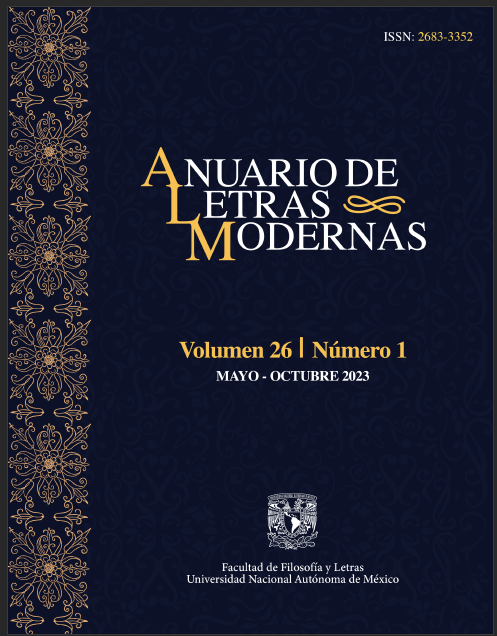Rip Van Winkle: The Idle Hero
Main Article Content
Abstract
Two hundred years after the publication of Washington Irving’s Rip Van Winkle (1820), the portrayal that most pervades is an idle, lazy, and unproductive character. Throughout the tale, Van Winkle is seen as neither interested in working his farm or field nor committed to performing profitable labor. Compelled by social expectations to behave as a good husband, he escapes his household responsibilities by wandering around the surrounding forest. This article intends to analyze this short story through the lenses of some fundamental conceptions from the philosopher Byung-Chul Han, especially that of vita contemplativa, mainly expressed in The Scent of Time (2015) and The Burnout Society (2017). This perspective reveals a novel feature of the character: that of a sensitive man willing to be submerged in a contemplative state. We conclude that Van Winkle’s attitude towards life shows resistance against the inevitable arrival of progress associated with the emerging industrial civilization. In this sense, Van Winkle’s behavior is a fierce criticism of the necessity of being productive in the context of early nineteenth-century American society.

